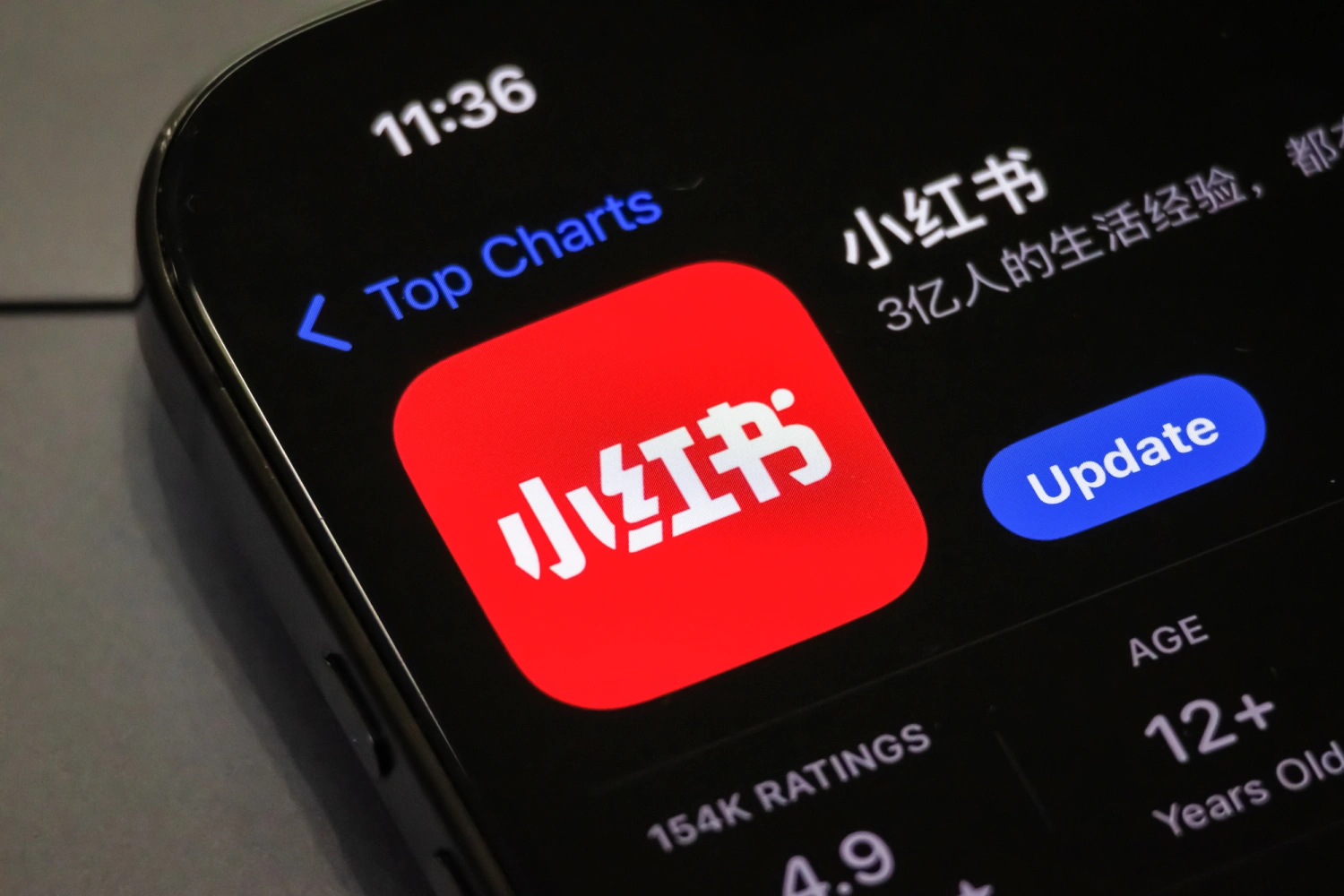ByteDance to emphasize search and imaging as it develops ChatGPT’s rival
ByteDance, the owner of TikTok, has assembled a sizable language model team and plans to integrate the technology into its search and advertising businesses as the hype surrounding ChatGPT, an AI-powered chatbot service, continues to encourage Chinese businesses to create analogous products of their own.
When ByteDance launches its large language model, which is anticipated to happen in the middle of this year, it will put a particular emphasis on language and imaging.
The large language model team and the image model team will be managed by Zhu Wenjia, head of global search and development for TikTok.
https://mp.weixin.qq.com/s/pGREeoSC6v-tf2zALdWZBQ
The Rise Of China’s ‘Uncle Stars’: How Middle-aged Men Are Taking The Spotlight
Idol scandals have tarnished China’s entertainment sector in recent years.
As was the case with Louis Vuitton and rapper Kris Wu, luxury brands associated with wrongdoing (“little fresh meat”) were forced to act quickly to sever their endorsement agreements in order to allay public outrage.
People in their mid-forties, also referred to as “uncle stars,” provide a safer option for brands and have a wider market recognition among both young and old consumers.
Brands are testing a new cast of ambassadors due to the expensive unpredictability of “traffic stars,” who heavily rely on the fan economy to push the sales of the products they promote.
Huang Bo, a 48-year-old actor, was named the ambassador for Shiseido’s high-end line on February 9.
These celebrities typically don’t have Xiaohongshu or Douyin, only Weibo. “By making extra efforts, brands need to increase their influence,
https://jingdaily.com/china-uncle-stars-middle-aged-men-ambassadors-shiseido-fresh-the-knockout/
2023 Xiaohongshu Annual Life Trend Analysis
To observe and research young people’s lifestyles, Xiaohongshu and the Institute of Sociology, Chinese Academy of Social Sciences, published the “2023 Life Trends” report with the theme “Into Real Life.”
The report divides various life keywords, identifies, and analyzes life trends in 2023 using Xiaohongshu’s data statistics and topic content from the previous year. An excerpt from the report is given below.
Warming up the neighborhood: Due to the scarcity of supplies during the epidemic, many residents got to know their neighbors by searching for those who lived “nearby” to shop with and trade goods with. Young people are therefore more likely to actively participate in community activities.
Eat authentically local flavors: Young people are starting to prefer regional specialties and regional traditions,
- On a trip: Due to the extended stays at home brought on by the epidemic, many people seek compensatory travel in the new year. They value the chance to travel more and are prepared to spend more effort, time, and money on travel.
- Stress relief: Due to environmental impact, the majority of people felt helpless and unable to control their destiny, so they needed to decompress quickly and easily. Simple techniques for stress relief have become more popular in recent years.
Overall, investing and participating in real life will be more popular in 2023. The new trend among young people today will be actively experiencing and pursuing an innovative life, which is also Xiaohongshu’s wish for 2023 in this report.
https://www.chinatradingdesk.com/post/2023-xiaohongshu-annual-life-trend-analysis
Douyin tests out PC shopping feature to boost e-commerce
Douyin, a popular video-sharing website in China, is currently testing a PC shopping feature that will let users have a similar shopping experience to that of its mobile app.
The live broadcast room on Douyin’s website now features a product mounting function that enables users to view available products right away. However, direct orders and payments are still not supported on the PC version of the live streams.
Users must scan the code with their Douyin app before they can finish their purchases.
https://daoinsights.com/news/douyin-tests-out-pc-shopping-feature/
Xiaohongshu doubles down on social networking with group chat feature
Users can access the new feature under the “group chat” drop-down menu accessible from the Messages tab on the app. Here, users have the option of starting a brand-new group chat or going to the “group chat plaza,” where they can peruse various discussions in a grid format.
Users can join group chats on Xiaohongshu with just one click, unlike private Facebook groups where they must submit a request to join and have it approved by an admin.
Users will have the chance to create communities to connect over specific interests thanks to the new feature. Influencers and retailers also profit from the new feature because the buzz created in group chats can boost traffic to their profiles and aid in turning that traffic into sales.
https://daoinsights.com/news/xiaohongshu-doubles-down-on-social-networking-with-group-chat-feature/
China’s Tourism Rebound Faces a Roadblock: A Lack of Travel Agents
Some predicted a “big bang” for the global tourism industry when China abandoned its “zero-COVID” regulations as Chinese tourists flocked abroad.
Millions of Chinese tourists are eager to resume their international travel. But the tourism sector isn’t prepared for them.
The number of people leaving China increased to 676,000 on February 6 when outbound package tours resumed, which is the highest number in three years but only about one-third of the pre-pandemic levels.
In many cases, travelers are prepared to return to foreign countries, but travel agencies are not.
Currently, there aren’t many options for outbound group tours, and most of them are quite expensive. Rebuilding the international teams and the supply chain takes time.
Chinese tourists still favor joining group tours over planning their own trips.



